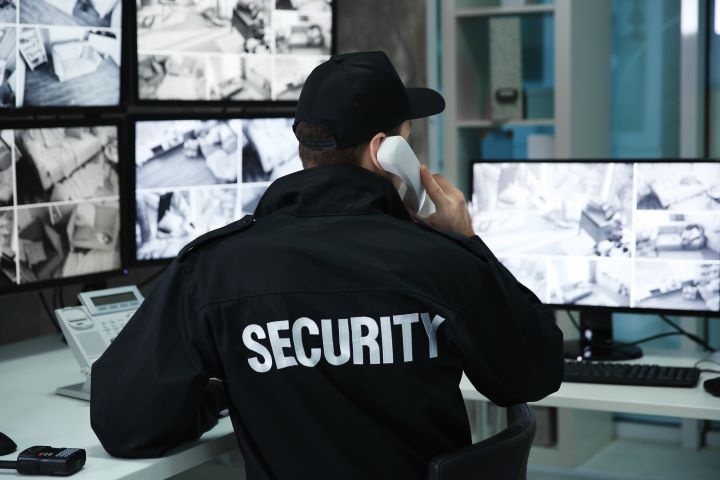Security Jobs: Roles, Skills and Career Paths
Security jobs cover a wide spectrum of roles that protect people, property and information. Whether you are considering front-line guarding, technical security, or corporate risk roles, the sector offers varied entry points and clear development paths. This article outlines common job types, typical duties, required skills, routes into the industry, training options and ways to find opportunities in your area.

What types of security jobs are available?
Security roles range from visible front-line positions to behind-the-scenes technical and management roles. Front-line jobs include security guard, door supervisor and event stewarding. Technical roles cover CCTV operation, alarm monitoring and cyber security analyst positions. Corporate security teams work on risk assessment, loss prevention and executive protection. Some jobs are part-time or contract-based, while others are salaried positions within larger organisations like hospitals, transport hubs or corporate offices.
What do security roles typically involve?
Daily duties differ by role but commonly include monitoring, reporting, and responding to incidents. A security officer may patrol sites, check access control, and complete incident reports. Technical operatives monitor camera feeds and alarm systems and coordinate with on-call teams. Managers oversee schedules, compliance and training while developing security plans. Strong situational awareness, clear communication and accurate record-keeping are important across most roles. Many positions also require collaboration with local emergency services and internal stakeholders.
Which qualifications and skills matter?
Employers typically look for a mix of practical experience, personal attributes and role-specific qualifications. Core skills include communication, observation, conflict de-escalation and basic IT literacy. In the UK, many operational roles require valid licensing from the relevant regulator (for example, an SIA licence for certain front-line positions). Additional certifications in first aid, fire safety or safeguarding can boost employability. For technical and corporate roles, qualifications in information security, risk management or systems administration may be expected.
How do training and certifications help?
Training both prepares candidates for day-to-day responsibilities and demonstrates professionalism to employers. Industry-recognised courses teach legal responsibilities, use of force principles, reporting standards and emergency procedures. Vocational qualifications, apprenticeships and short courses offer structured learning and practical assessment. For cyber and corporate security positions, formal qualifications and vendor certifications help validate technical competence. Continuous professional development and on-the-job training are common ways to progress into supervisory or specialist roles.
How can you build experience and progress in the sector?
Start with entry-level roles or volunteer opportunities to build experience and references. Many organisations promote internally, allowing staff to move from operational roles into supervision, training, or facilities management. Networking within local security associations or trade groups can expose you to mentors and new openings. Consider specialisms—such as CCTV operations, custody support, or cyber security—to increase demand for your skills. Practical experience combined with accredited training and a clean background check typically opens routes to higher responsibility and better-paid positions.
Where to find jobs and local services?
Job listings appear on general employment platforms, recruitment agencies specialising in security roles, and employer websites for transport, healthcare and retail sectors. Local services such as community job centres, industry job fairs and college career services can be useful, especially for entry-level recruits. For technical and corporate positions, professional networks and specialist recruitment firms are often more effective. When evaluating opportunities, check role descriptions for required licences, shift patterns and any employer-provided training or uniform provisions.
Security roles can suit a wide range of interests—from people-focused, front-line work to technical and managerial careers—offering clear steps for entry and progression. By combining relevant training, practical experience and awareness of local services and regulations, candidates can identify a path that fits their skills and aspirations.




